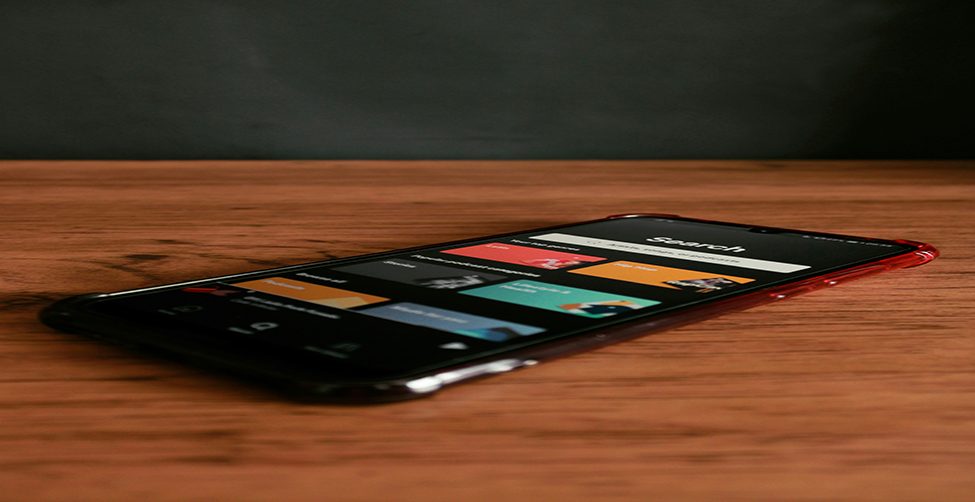If you ask me, streaming platforms such as Spotify, Pandora and Apple Music have had an undeniable influence on both the way music is consumed and how it is produced according to BuisinessofApps.com.
Before the digital era, there was a greater focus on producing albums that were designed to stand alone, as a single cohesive unit. Then streaming became popular, enabling the creation of highly personalized playlists, whether divided by genre, artist, decade or mood. This reduced the emphasis on albums and introduced a phenomenon Illustrate Magazine refers to as “playlist-centric listening.”
The most significant effect of playlist-centric listening is overreliance on algorithms, creating a limited listening experience, where people are only exposed to a specific category of music. Rather than broadening musical horizons and discovering new things, this creates an echo chamber where recommendations become increasingly niche and less diverse.
While streaming also offers an opportunity for creativity when it comes to activities such as curating playlists and sharing them, the use of these features on streaming platforms has also led to a decline in the excitement surrounding new album releases. Before streaming became the norm, artists generally favored releasing big, cohesive albums.
Today, it is easy to be a casual listener, as music is available instantly at our fingertips. This increased accessibility comes with the option to skip any song on demand. While increased personalization places the focus more on individual songs and takes away from the original purpose of an album, which is a unified piece of work designed to be listened to together, sometimes even in a specific order, according to Indie Pulse Magazine. The sequencing of the songs in an album is sometimes strategic and can often help to tell a story, convey a certain emotion and take the listener on a journey.
In the streaming era, albums generally are not much more than a collection of songs that share nothing beyond being created by the same artist. Rather than an album being a unit in itself, it serves as a home for individual songs, many of which are already out by the time the album is released, thus removing much of the eagerness surrounding its release. Previously, there was anticipation around album releases because they featured entirely new songs meant to be listened to and experienced at the same time.
There is a clear difference between listening to an album that contains mostly songs you have already heard and listening to an entirely new body of work. In a way you almost get to experience it the same way the artist did, listening to them tell a story within the context of an album. In my opinion, one of the most powerful things about music is its narrative ability, and this is often lost when songs are only listened to individually.
With all that being said, how do we go about changing this?
While music culture as a whole can never truly return to how it was before the era of streaming, individual people can choose to consume music differently. This can be as simple as listening to a new album in its original order, instead of shuffling. Or it could look like going out of your way to discover new music rather than relying only on your personalized playlists.
Ultimately, we have endless opportunities to experience music in a new way. Consider stepping out of your comfort zone and listening to something different. I believe this is something everyone should do, as it expands your musical horizons and may even lead to discovering your new favorite artist.
Canning is an intern for the Liberty Champion.
